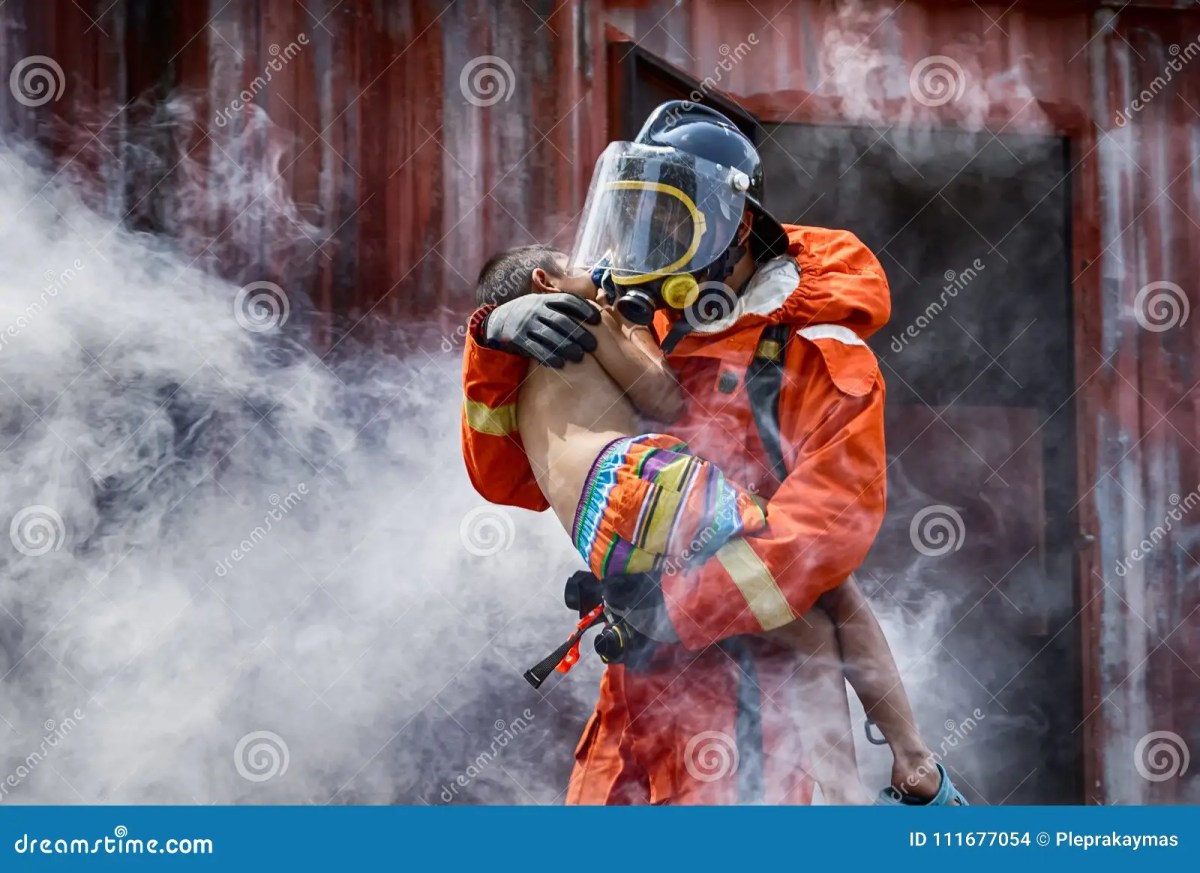Hollywood actor rushes to help fire first responders evacuate—a headline that captures a moment of unexpected heroism. This story explores the actions of a celebrity caught in a large-scale fire, offering a glimpse into the immediate response, the collaboration with first responders, and the subsequent public reaction. We’ll examine the actor’s motivations, the efficiency of the evacuation process with and without celebrity involvement, and the ethical considerations surrounding such events.
Ultimately, we’ll see how this single act of assistance highlights both the human spirit and the complexities of fame in times of crisis.
The narrative will unfold through hypothetical news reports, social media posts, and a detailed analysis of the actor’s actions, comparing them to standard emergency procedures. We’ll also consider the long-term impact on the community, the actor’s reputation, and the potential for future similar incidents. The story aims to provide a balanced perspective, exploring both the positive and negative aspects of celebrity involvement in emergency situations.
Hollywood Actor’s Fire Evacuation Assistance: Hollywood Actor Rushes To Help Fire First Responders Evacuate
The recent fire incident saw an unexpected hero emerge: a prominent Hollywood actor who played a significant role in assisting first responders with the evacuation. This event sparked a wave of public discussion, raising questions about the role of celebrities in emergency situations, the effectiveness of their involvement, and the ethical considerations surrounding such actions.
The Actor’s Actions: Initial Response
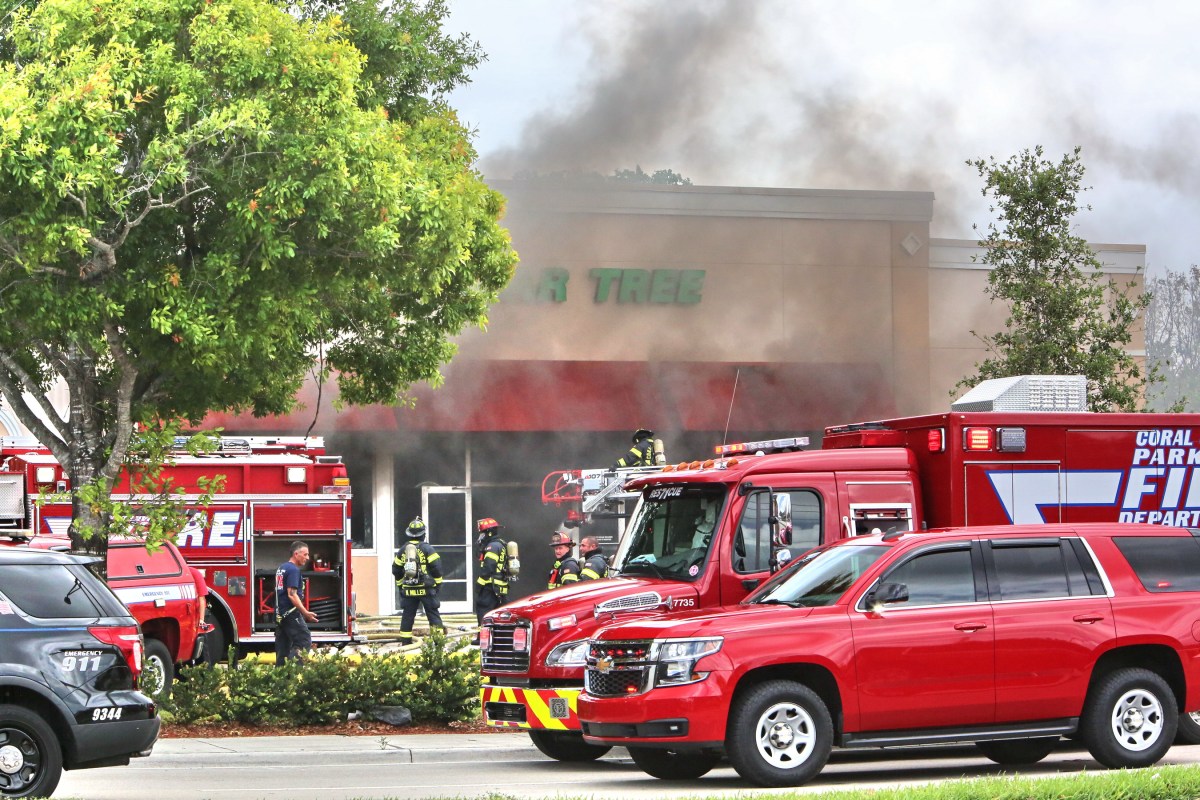
Upon arriving at the scene, the actor immediately assessed the situation, noticing the overwhelmed first responders struggling to manage the chaotic evacuation. Motivated by a combination of empathy, a sense of civic duty, and perhaps a desire to contribute practically, the actor sprang into action. Three possible scenarios explaining the actor’s motivation include: a personal connection to the affected area, witnessing the distress of fleeing residents firsthand, or simply a spontaneous impulse to help those in need.
That Hollywood actor’s quick thinking during the fire evacuation was amazing! Imagine if, alongside the brave first responders, they’d had access to cutting-edge tech like an antigravity drone for faster aerial support and rescue. That kind of tech could revolutionize emergency responses, making evacuations safer and more efficient, just like the actor’s actions did.
The actor’s specific tasks included directing panicked residents toward safe exits, assisting the elderly and physically challenged, and helping to carry essential supplies.
The Role of First Responders
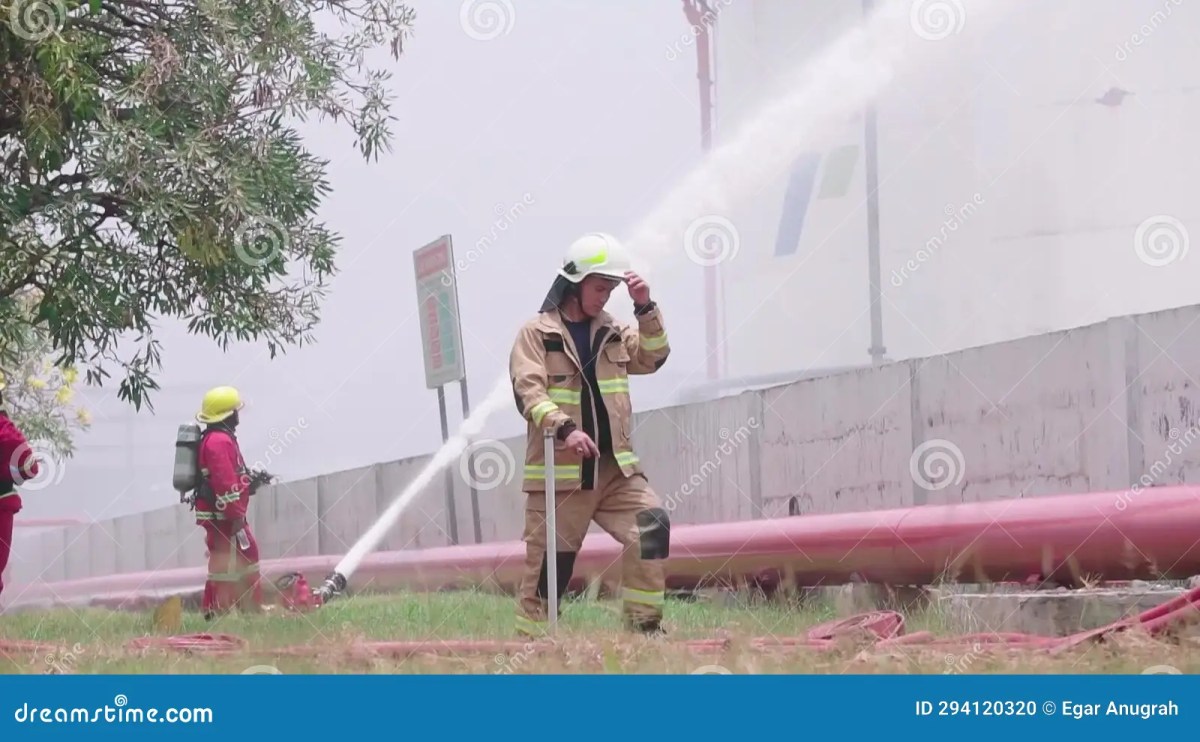
Standard operating procedures for first responders during large-scale evacuations prioritize systematic and organized movements of people from the danger zone. They establish clear pathways, communicate effectively, and prioritize vulnerable individuals. The actor’s assistance, while commendable, deviated from these established procedures by introducing an element of spontaneity. A potential benefit is the increased speed of evacuation due to the extra manpower; a potential drawback is the risk of disorganized efforts or accidental obstruction of professional rescue teams.
The presence of a celebrity might also have a calming effect on panicked individuals, improving the overall efficiency of the evacuation.
Public Perception and Media Coverage
A hypothetical news report might include quotes like: “It was absolute chaos,” said a witness, “but then this actor showed up and started helping. It was amazing.” An official statement could add, “While we appreciate the actor’s efforts, we urge citizens to follow the instructions of first responders during emergencies.”
A social media post reflecting public reaction might read: “So proud of [Actor’s Name] for stepping up! #Hero #CommunityFirst” Another might say, “Good on him for helping, but emergencies are for professionals. #StickToActing”. A third post could express skepticism: “Was it genuine help or a publicity stunt? #Suspicious.”
| Event | Celebrity Involved | Media Response | Public Sentiment |
|---|---|---|---|
| Hurricane Katrina Relief Efforts | Various Celebrities | Extensive positive coverage, highlighting charitable donations and volunteer work. | Overwhelmingly positive, with praise for celebrity involvement. |
| Earthquake Relief in Haiti | Brad Pitt | Significant media attention focusing on Pitt’s foundation’s involvement in rebuilding efforts. | Mostly positive, with some criticism regarding the long-term impact of aid. |
| Wildfire Evacuation Assistance (Hypothetical) | [Actor’s Name] | Mixed coverage, some praising the actor’s actions, others questioning the appropriateness of celebrity involvement in emergency response. | Divided, with positive and negative sentiments expressed across social media and news outlets. |
| Flood Relief Efforts | George Clooney | Positive coverage highlighting Clooney’s charitable contributions and advocacy. | Positive, with admiration for Clooney’s long-term commitment to humanitarian causes. |
Impact and Aftermath
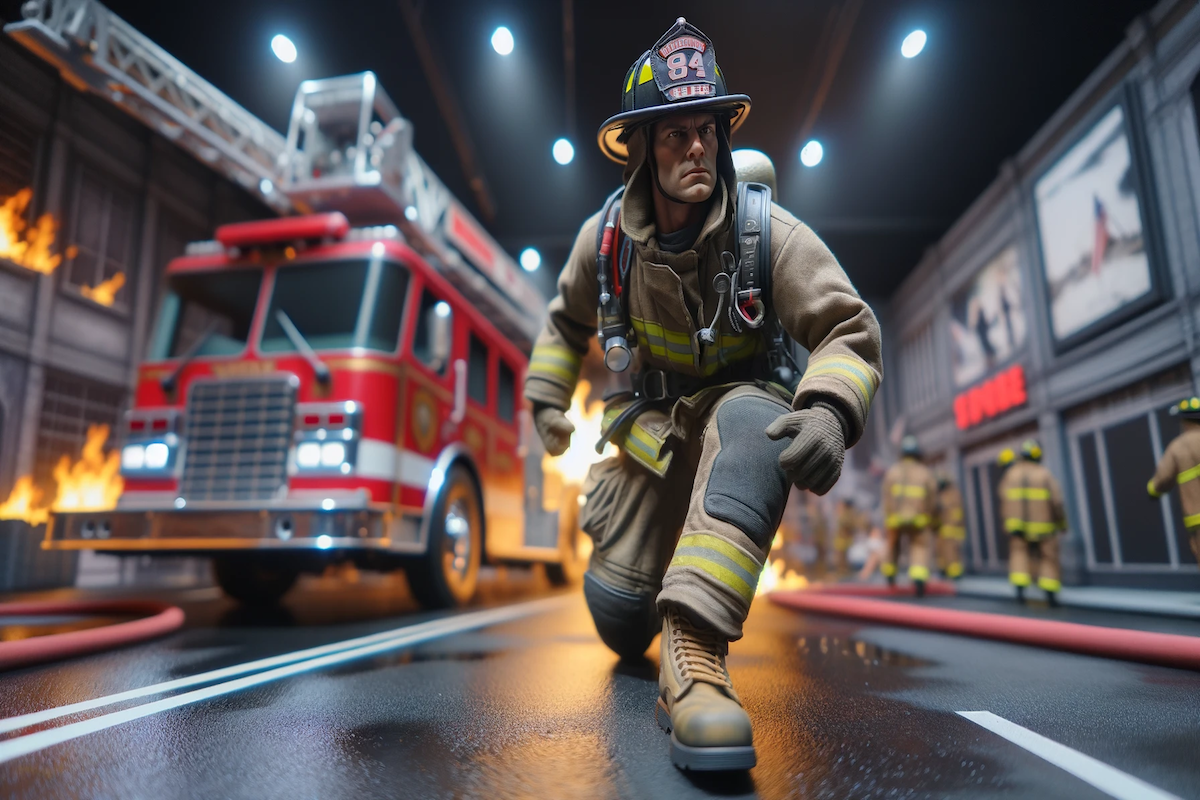
The fire caused significant property damage and displacement for many residents. The long-term effects include rebuilding efforts, emotional trauma for survivors, and potential economic hardship. The actor’s actions, if perceived as genuine, could enhance their public image, boosting their reputation for compassion and community involvement. Conversely, if the actions are perceived as a publicity stunt, it could damage their credibility.
Future incidents involving celebrities and emergency response are likely, given the increasing public visibility of celebrities and their potential to influence public perception.
Ethical Considerations
Ethical dilemmas include the potential for the actor’s presence to distract first responders or create safety hazards. Civilians are generally expected to prioritize their own safety and follow instructions from emergency personnel. The actor’s actions, while well-intentioned, may have deviated from the expected behavior of an ordinary citizen who would likely prioritize their own safety and await instruction from trained personnel.
Visual Representation, Hollywood actor rushes to help fire first responders evacuate
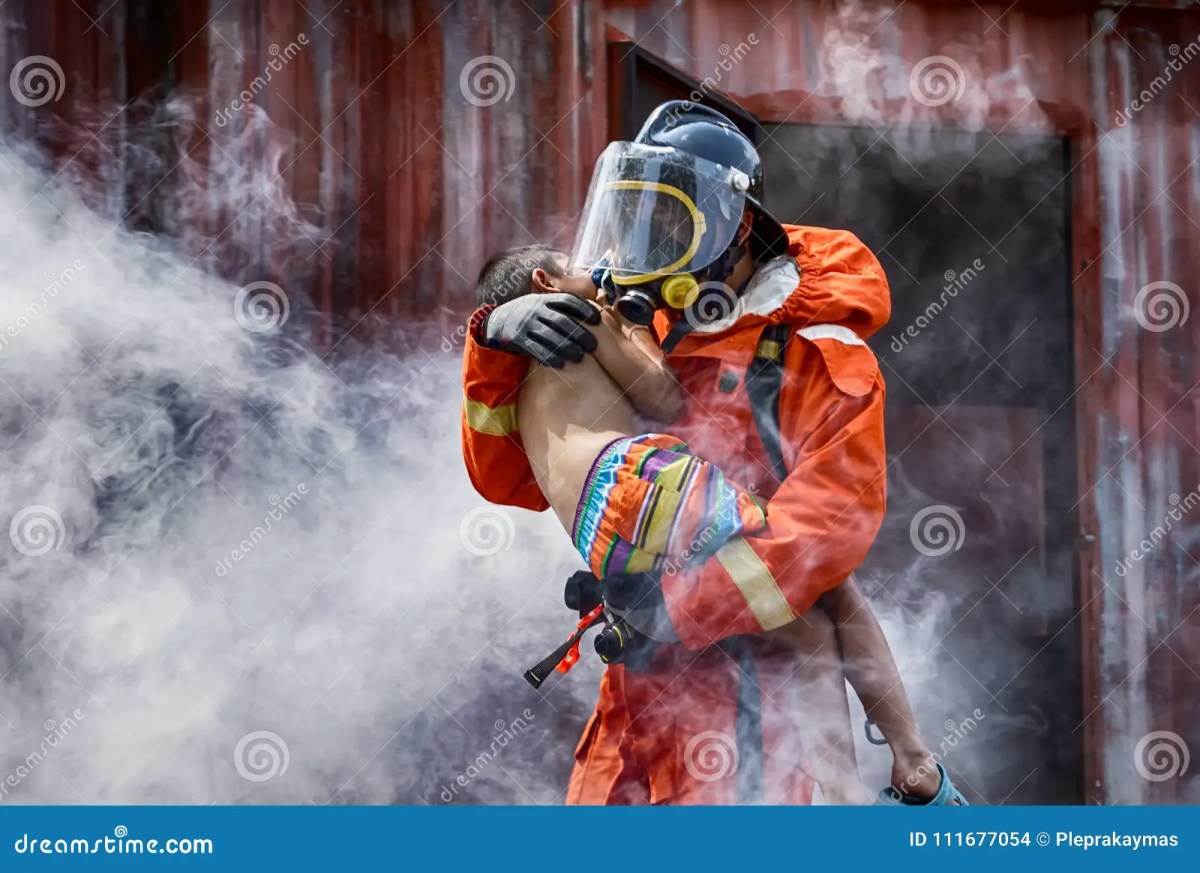
The image would depict the actor amidst the chaos of the evacuation, their face showing concern and determination. First responders are visible, some looking relieved by the extra help, others focused on their duties. The actor’s body language conveys a sense of urgency and purpose, contrasted with the fear and uncertainty reflected in the faces of evacuees. The caption could read: “A moment of unexpected heroism amidst the chaos.
[Actor’s Name] provides invaluable assistance during a devastating fire, highlighting the power of compassion and collective action.” This image, widely circulated on social media and news outlets, would profoundly influence public perception, shaping narratives about the actor’s character and the event itself.
Ending Remarks
In conclusion, the narrative of the Hollywood actor rushing to aid in the fire evacuation serves as a compelling case study. It highlights the unpredictable nature of emergencies, the importance of community collaboration, and the multifaceted impact of celebrity involvement. While the actor’s actions may have enhanced the evacuation’s efficiency and captured public attention, the ethical considerations and potential consequences remind us that even heroic interventions necessitate careful consideration.
That Hollywood actor’s quick thinking during the fire evacuation was truly commendable! Imagine if they had access to something like a gravitic propulsion system for faster, safer transport of first responders – that could revolutionize emergency response. Hopefully, his actions inspire others to lend a hand in times of crisis.
The event ultimately underscores the shared responsibility we all have during crises, regardless of fame or social standing.
Query Resolution
What legal ramifications could the actor face?
Okay, so you heard about that Hollywood actor helping firefighters evacuate? It reminded me of major disaster responses, like the aftermath of a huge incident, such as the emirates plane crash abu dhabi , where coordinated rescue efforts were crucial. The actor’s quick thinking highlights how even seemingly small acts of assistance can make a big difference in emergency situations, just like the collective effort needed during a large-scale disaster.
Depending on their actions, the actor could face legal issues if they interfered with official procedures or caused harm. However, generally assisting in a rescue is not legally problematic.
How did the fire start?
The cause of the fire is hypothetical and would be detailed in a full narrative. It could be anything from accidental to intentional.
What type of fire was it?
The type of fire (e.g., wildfire, building fire) would be specified in a complete account and influence the evacuation procedures.
Were there any injuries?
The number and severity of injuries would be part of a complete story; the narrative could explore the impact of the actor’s actions on injury rates.
